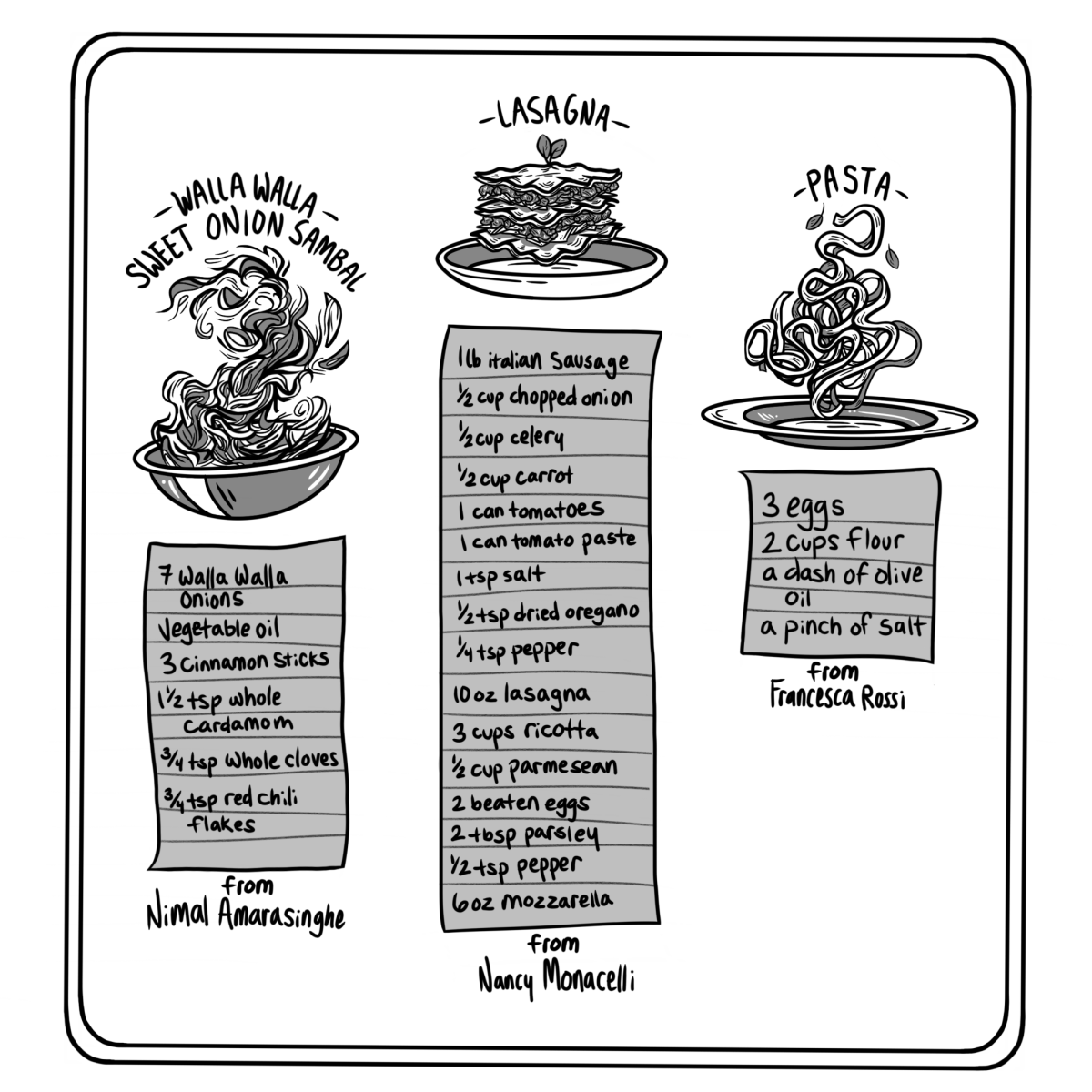
Today, Feb. 16, marks an intriguing intersection of events. Not only is today two days after St. Valentine’s Day, one of the most secularized holidays celebrated in the United States, but it is also Whitman College Founder’s Day. In light of the religious and nonreligious implications of these occasions, it is fitting to look at Whitman’s own transition from a religious to secular institution in the last 153 years.
Most people have at least a general idea of the purpose of Valentine’s Day, but it is a guarantee that not very many know the history behind Founder’s Day.
This day celebrates the birthday of Reverend Cushing Eells, the man who founded Whitman Seminary in 1859 in honor of his friends and colleagues, Marcus and Narcissa Whitman.
“Seminary was the nineteenth-century term, but it was really just a glorified high school,” said Senior Adjunct Assistant Professor of Religion and General Studies Rogers Miles, who taught a course last year called “The Secularization of Whitman College.”
Still, the school had a religious foundation, as almost all schools in that period did. When the first president, Alexander J. Anderson, came into office in 1882, he agreed that the college would be Congregationalist in exchange for funding from that sect of churches.
Anderson was an evangelical Protestant, but after the Civil War, Protestantism was divided by changes in society. Those who could adjust to these changes and take active steps to incorporate them with their faith were called Liberal Protestants. With the presidency of Stephen B. L. Penrose in 1894, the college began to distance itself from the Congregationalist ties that Anderson had set up.
In 1907, Penrose cut the school’s denominational ties and found independent funding from wealthy individuals on the East Coast. During his presidency: which ended in 1934: Penrose continued to exercise his faith, but loosened the restrictions on the students.
According to a research paper by alumna Katie Bates ’11, a student who took Miles’ class as an independent study her senior year, students in the early 1900s were required to attend chapel and expected to attend church on Sundays. First- and second-year students were also required to take courses that taught them about the Bible, with a capstone course called “Philosophy of Religion,” taught by Penrose himself.
Toward the end of his career, however, Penrose focused more on spiritual supervision of students rather than strict regulations.
“If students wanted to get a little rowdy on the weekends and sleep through chapel, he wouldn’t give them a hard time,” said senior Noah Lerner, who took Miles’ course last year.
Following the replacement of Penrose with President Rudolf A. Clemen in 1934, there was a notable shift in the College’s approach of religion. Like many late nineteenth century colleges, Whitman was interested not only in teaching students, but also molding their character. However, it started to transition this focus to areas outside the classroom rather than within.
After Penrose’s presidency and the severance of denominational ties, Whitman gradually became a secular institution, but there is still evidence of its religious beginnings.
“Over time, the image of Whitman changed from Whitman the missionary to Whitman the pioneer. Think about the name of the newspaper . . . Look at the way the missionaries are portrayed on the stickers in the bookstore,” said Miles.
As the current mission statement reads, Whitman is “an independent, nonsectarian and residential college.” Yet, as Founder’s Day indicates, the school has not forgotten its religious past amidst its secular present.
Lerner noted the lingering effects of Whitman’s beginnings as he reflected on the perspective he gained in “Secularization.”
“The course gave me a greater appreciation for the role of a liberal arts education. The founders of Whitman sought to produce graduates who were well versed in all facets of life, and were generally good citizens,” said Lerner.
Bates also felt the course affected her view of Whitman as an institution.
“I think the course made me feel more connected with Whitman because . . . it made me see the college as its own living, changing entity with its own needs, which, when you are only there for four years, can be difficult to see,” Bates said.+














